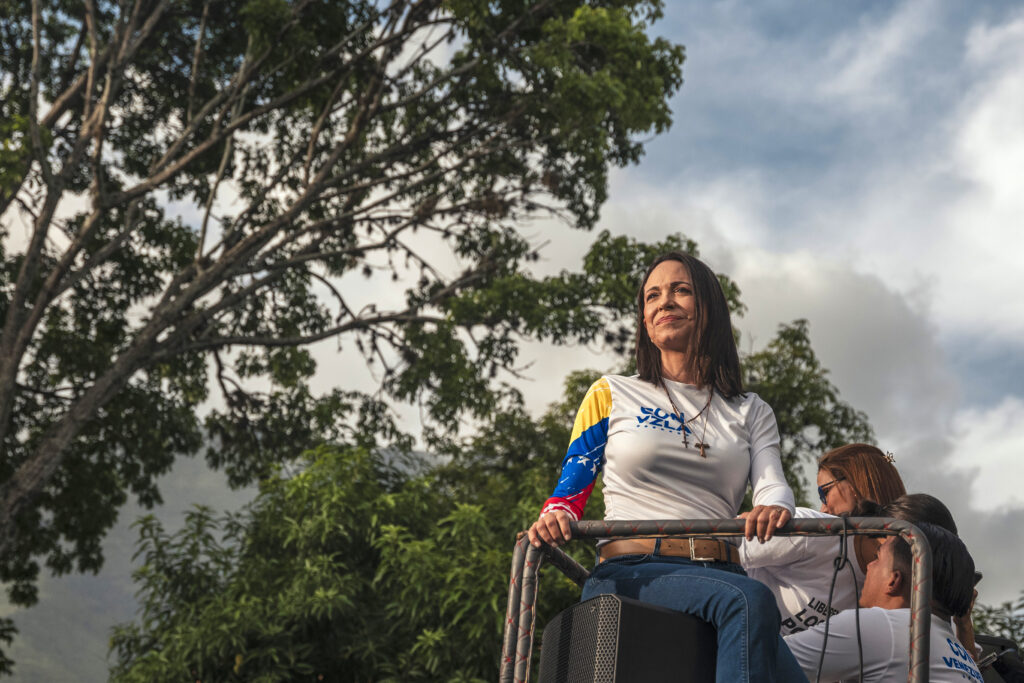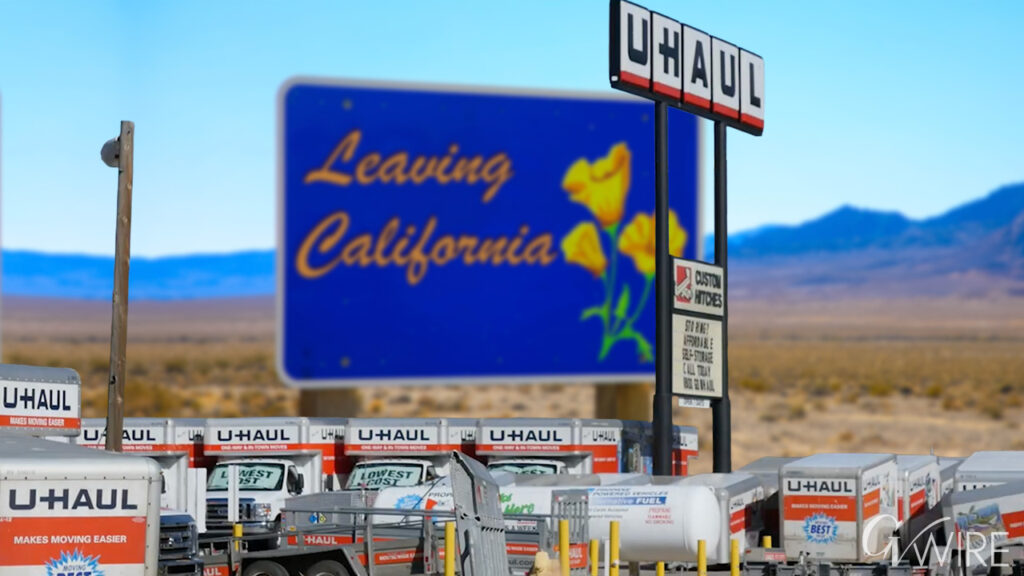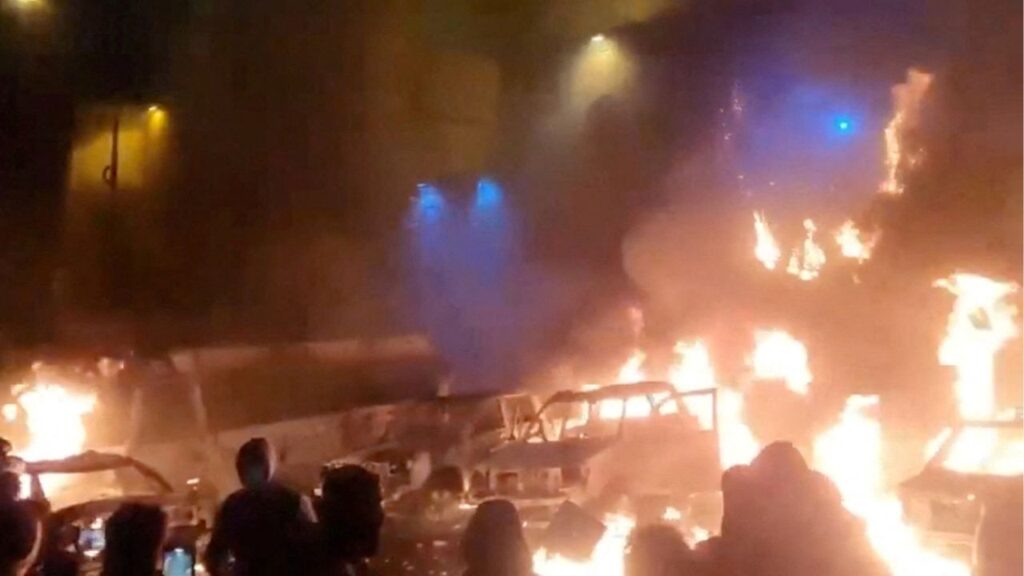Share
With a global pandemic, a catastrophic economic recession, and record-high unemployment numbers, one would think the state has enough issues to tackle. But proponents of a state water grab that I have been fighting since the day I was sworn into office in 2012 disagree.
Where others see turmoil and anguish, they see opportunity. Apparently, they believe in the adage, “Never let a crisis go to waste.”

Adam C. Gray
Opinion
With no discussion, no compromise, and no public hearings an effort is underway to insert language into the budget that would authorize the State Water Resources Control Board to impose their water grab as a condition of approving the relicensing of our local hydroelectric dams.
State Board Wants to Cancel Century-Old Water Rights
This licensing scheme, known as the 401 Water Quality Certification, attempts to force us to either stop generating clean and renewable hydroelectricity or comply with the Water Board’s outrageous demand to cancel our century-old water rights and more than double the amount of fresh water that flows into the ocean through the Delta.
During this abbreviated legislative session, we all feel intense pressure to find solutions to the economic devastation created by the coronavirus. We’re working desperately to fill an unprecedented $54 billion hole in our state’s finances, address record unemployment, support students, and teachers suddenly forced out of their classrooms and safely get the economy back up and running. In the midst of this work, proponents of the water grab hope they can sneak their language into the budget using what’s called a “trailer bill.”
Trailer Bill Is Vehicle for Water Heist
Trailer bills are supposed to establish the rules necessary to implement our budget priorities. Every year, we pass trailer bills to ensure the state’s money is spent the way we intend.
This year, 401 Water Quality Certification language was inserted into the natural resources trailer bill to unilaterally authorize the Water Board to impose their flow regimes without any further discussion.
Normally, water users can take the state to court to stop such dictatorial moves. It happened in 2018 when the state tried to take water from the Byron-Bethany Irrigation District. When the case got to court, the state’s attempts were roundly rejected.
If this trailer bill is enacted, the state won’t be required to wait for the courts. That could lead to enormous water losses for northern San Joaquin Valley growers without providing any proven benefits to fish and wildlife.
Efforts are underway to force this issue out into the open so we can reach a reasonable compromise, but those efforts have fallen short so far. So proponents are pushing for a vote as soon as possible.
A CEQA Runaround Without Public Participation
This bill would remove public participation otherwise required by the California Environmental Quality Act. There would be no testimony showing new scientific data — data that often refutes the decades-old studies the Water Board prefers. There would be no scoping meetings, nor would we even receive notice. The Water Board would be able to take water from our Valley without even telling us until after the decision had already been made.
The far-reaching consequences and dramatic implications of this bill should be discussed in full public view. Unless the goal is to purposefully sneak such an important change in public policy through the legislative process in the dark of night, there is absolutely no reason to take advantage of the dire circumstances that we are struggling to confront.
About the Author
Assemblymember Adam C. Gray represents the 21st Assembly District, which includes all of Merced County and portions of Stanislaus County.
RELATED TOPICS:
Categories

Handsome Harvey Is Shy, but Sure to Warm Your Heart


















